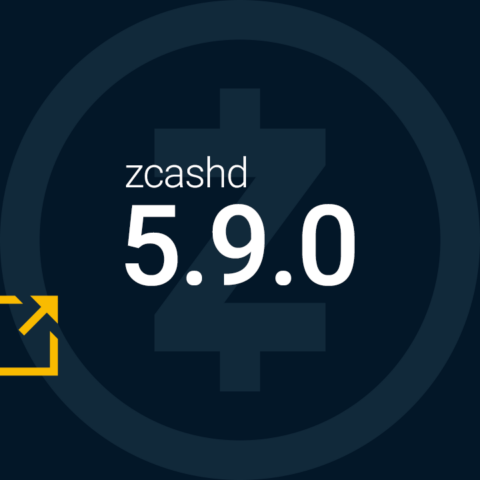
New Release 5.9.0
zcashd 5.9.0 is a maintenance release that updates dependencies and sets a new end-of-service height to ensure continuity of services.

zcashd 5.9.0 is a maintenance release that updates dependencies and sets a new end-of-service height to ensure continuity of services.
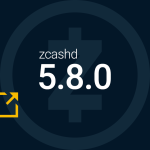
zcashd 5.8.0 is a maintenance release that updates dependencies and sets a new end-of-service height to ensure continuity of services.

This post details ECC’s motivations, challenges, and accomplishments with regard to zcashd Network Upgrade 5 (NU5) and the sandblasting attack.
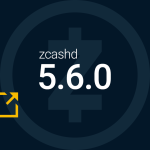
Release 5.6.0 introduces the functionality necessary for light wallets to access spendable funds without fully scanning the blockchain. This is
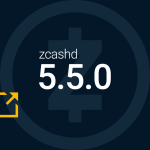
Release 5.5.0 introduces a number of bug fixes and changes to the underlying libraries that support Zcash. Much of this

Electric Coin Co. (ECC) has been working since June to resolve Zcash wallet performance issues that are affecting users of

NU5, the first major upgrade since November 2020, includes the launch of the Orchard shielded payment protocol, utilizing the Halo
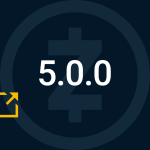
The 5.0.0 release supports NU5 activation on mainnet, which will occur at a block height of 1687104 (May 31st), following
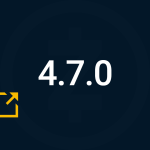
Release 4.7.0 marks a major milestone on the path to NU5.
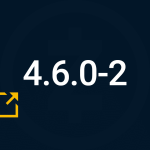
4.6.0-2 is primarily a bugfix release that also bumps the End-of-Support height to May 16th. It backports bugfixes from v4.7.0-rc1.
During the course of testing NU5, a consensus bug emerged that caused the testnet chain to fork. The ECC Core

We had many successes in 2021 across all of our engineering-related teams including Core, Mobile, and DevSecOps, a team comprising
| Description |
|---|
| Google Analytics |
| Google Optimize |
| Google Tag Manager |
| New Relic |
| Sendgrid |